L2s have made major gains in the recent year and have developed new tech and upped their throughput.
Ethereum as well has pushing into upgrading the chain in a way that boosts L2 throughput (dank-sharding towards the end of 2023)
However, regardless of how fast a chain/L2 can process transactions, there will always be the issue of dependencies
- What are dependencies?
Dependencies are the result of blockchains (and in extension L2s) processing transactions in a sequential manner.
Dependency is when every transaction relies on the one before it in order for it to get executed.
This means that while a blockchain/L2 might have great processing power, all of that power is being focused on one transaction at a time regardless of how significant said transaction really is.
This put a massive restraint on the capabilities that a blockchain/L2 is capable of performing.
Think of it as you buying a new packaging machine for your factory. This packaging machine has 10 slots to handle multiple packages at the same time, however, your factory only has one conveyor belt meaning.
So you can “technically” work 10 packages at a time, but “practically” you’re restrained by the sequential order you’re forced to follow.
- How are L2s trying to solve this issue?
One way of solving this issue is implementing a parallel EVM engine
Aptos Labs developed a Block-STM engine, and to make it short and uncomplicated for the average reader, what this does is it executes a bunch of transactions in parallel.
It does that under the assumption that none of the transactions conflict.
One L2, Polygon, adopted a similar approach to their EVM in order to scale Ethereum but it came with its own set of complications.
Because Polygon processes a massive volume of transactions, the system that Aptos came up with won't work because in a hugely adopted system like the Polygon PoS, acting as if there were no dependencies anywhere, in any block, won’t work. It would be taking a theoretical idea too far
What Polygon did instead was write transactions in a data structure called “DAG”
If you want you can expand your knowledge on this but in order to save time and not make things complicated, what this does is take dependencies into consideration and then execute transactions before validating, so that the metadata with deduced dependencies can be easily executed.
-What does this mean for Ethereum?
While there still aren’t any parallel EVM chains right now, as we saw, certain L2s like Polygon are working on developing one and hopefully, this pushes other L2s to follow suit
This is definitely an added value for Ethereum.
In Ethereum’s new roadmap, the chain will rely solely on L2s for scalability, so this will be major news considering that a development like this one will most likely double the throughput that any L2 is currently putting out, all of which will benefit Ethereum since its main issue has always been scalability restraints.
[link] [comments]

You can get bonuses upto $100 FREE BONUS when you:
💰 Install these recommended apps:
💲 SocialGood - 100% Crypto Back on Everyday Shopping
💲 xPortal - The DeFi For The Next Billion
💲 CryptoTab Browser - Lightweight, fast, and ready to mine!
💰 Register on these recommended exchanges:
🟡 Binance🟡 Bitfinex🟡 Bitmart🟡 Bittrex🟡 Bitget
🟡 CoinEx🟡 Crypto.com🟡 Gate.io🟡 Huobi🟡 Kucoin.
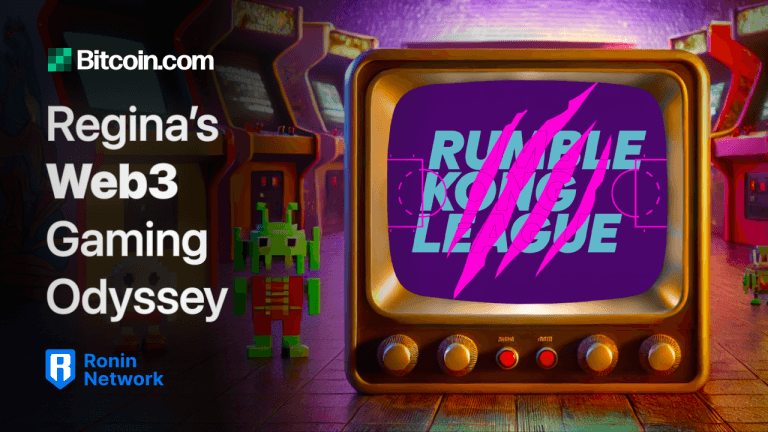
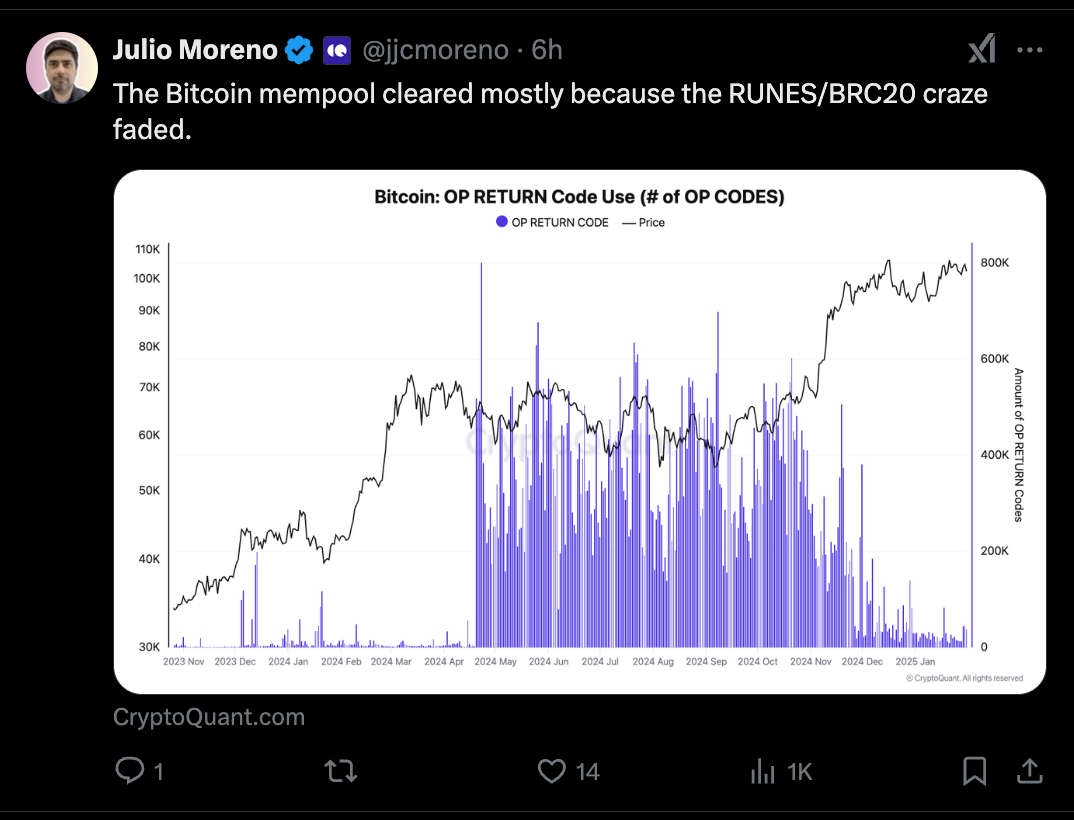









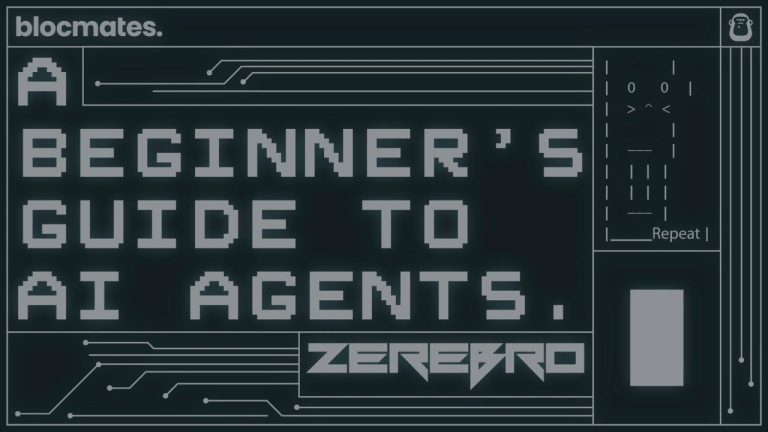

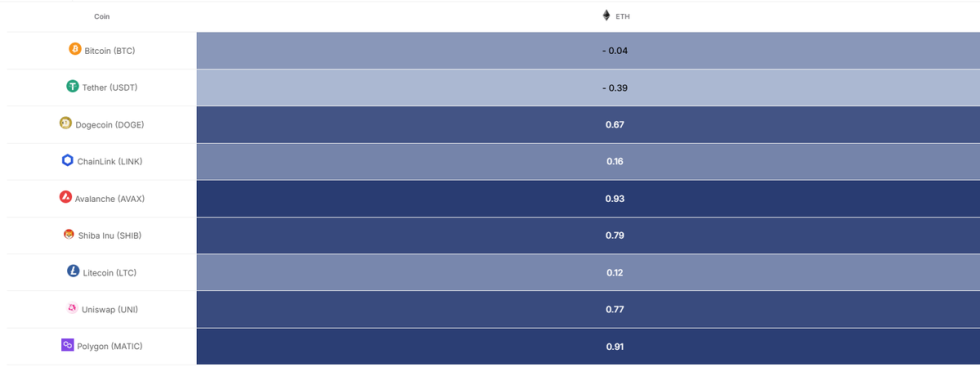


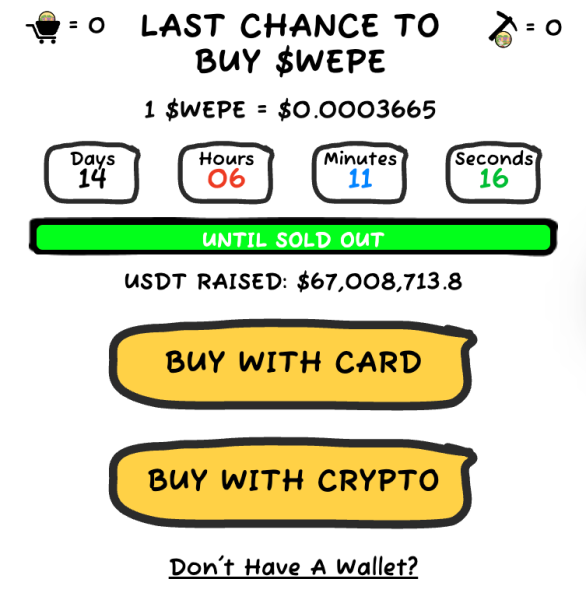


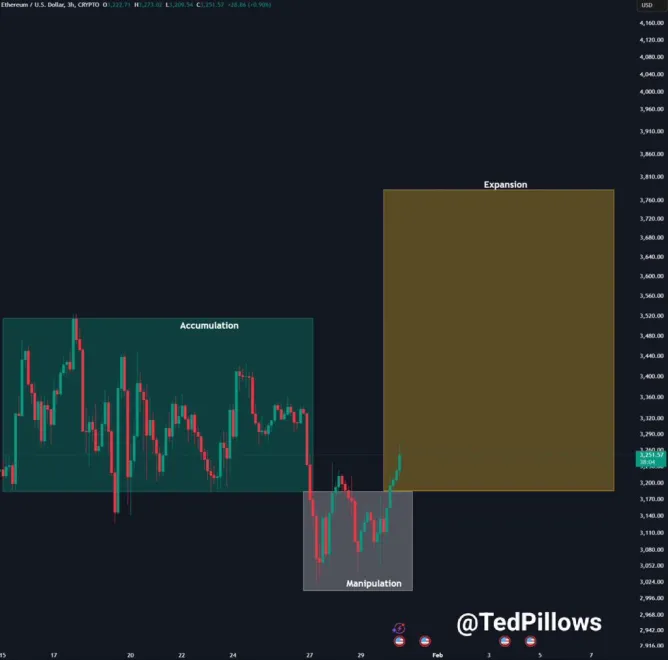
Comments